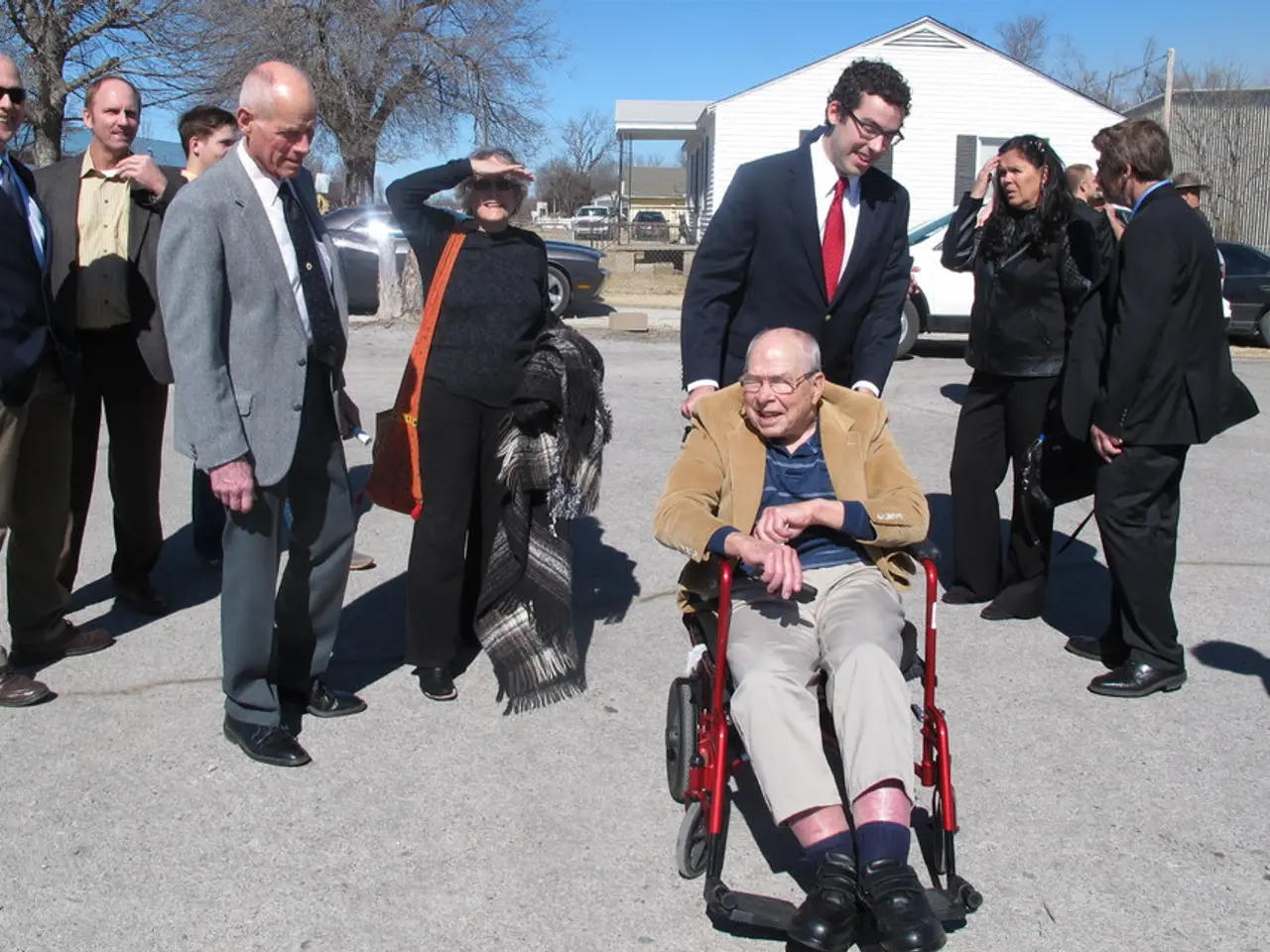Guide for Thriving and Managing Life with a Disability
Navigating life with a disability can be challenging, but there are numerous resources available to help individuals cope, advocate, and build supportive communities. This article highlights some of the key organizations and strategies that can help those with disabilities thrive.
Online therapy and mental health support are crucial for those living with a disability. Our website offers mental health help that caters to unique needs and accepts most major insurance plans, including options for online therapy covered by Medicare. The American Civil Liberties Union (ACLU) provides legal support for disability rights, while the National Disability Rights Network (NDRN) offers legal resources specifically for disability rights.
Isolation is a common challenge for those with disabilities, but feeling connected is essential for mental health and well-being. Yoocan is a global community that helps people with disabilities find support and connect with resources, while online support groups and forums provide a space to connect with others who share similar experiences.
Advocating for accommodations and access is crucial, as individuals with disabilities are legally entitled to fair and reasonable accommodations at work, school, and in public areas. The ADA National Network helps with requesting accommodations or filing a complaint if your rights have been violated under the Americans with Disabilities Act (ADA).
Disability Rights Fund supports disability rights movements and drives change through peer and collective learning, while Disability:IN is an excellent resource for companies looking to become more inclusive. The Arc promotes and protects the human rights of those with intellectual and developmental disabilities (IDD), providing resources for peer support and guidance.
Grief, anger, confusion, acceptance, and pride are valid and honest responses to living with a disability. Prioritizing self-compassion over comparison is essential, as your worth is not tied to what you accomplish each day. Actively seeking out friends, peer groups, and online communities that can affirm your experience and identity is crucial for emotional safety and validation.
Creating routines that honor your body and brain is essential for maintaining energy levels, mobility, and cognitive needs. The ARC offers resources for peer support, providing guidance and advice for those with IDD. Caregiver and family support resources like the Family Caregiver Alliance and Easterseals provide tips on self-compassion and routines that reduce burnout, along with advocacy and legal support.
Mental health professionals and counselors are valuable for fostering self-compassion and developing healthy coping routines. Therapeutic services offer guidance on emotional resilience and advocacy.
In summary, connecting with national/regional disability organizations such as UCP or The Arc for broad resources and advocacy opportunities is essential. Joining online or local peer support groups to build community and exchange coping strategies is also vital. Exploring sibling and family networks like SLN to strengthen supportive relationships is crucial, as is utilizing caregiver and mental health resources to foster self-compassion and maintain routines.
These combined approaches address both personal coping and larger-scale advocacy and community involvement, supporting a holistic approach to living with a disability. ILRU (Independent Living Research Utilization) offers a wide range of resources, including core services, legal assistance, health and wellness, and more.
By utilizing these resources and strategies, individuals with disabilities can build supportive communities, advocate for their rights, and develop healthy coping mechanisms to thrive in their daily lives.
- In addition to building supportive communities, mental health professionals and counselors can provide guidance on fostering self-compassion and developing healthy coping routines through therapeutic services.
- For individuals looking to enhance their personal growth and education, online resources like Yoocan, online support groups, and forums offer a space to connect with others who share similar experiences and promote mental health.
- To advance the discussion on disability rights and drive change, organizations such as the Disability Rights Fund and Disability:IN focus on peer and collective learning, which helps support movements and advocate for disability rights.




